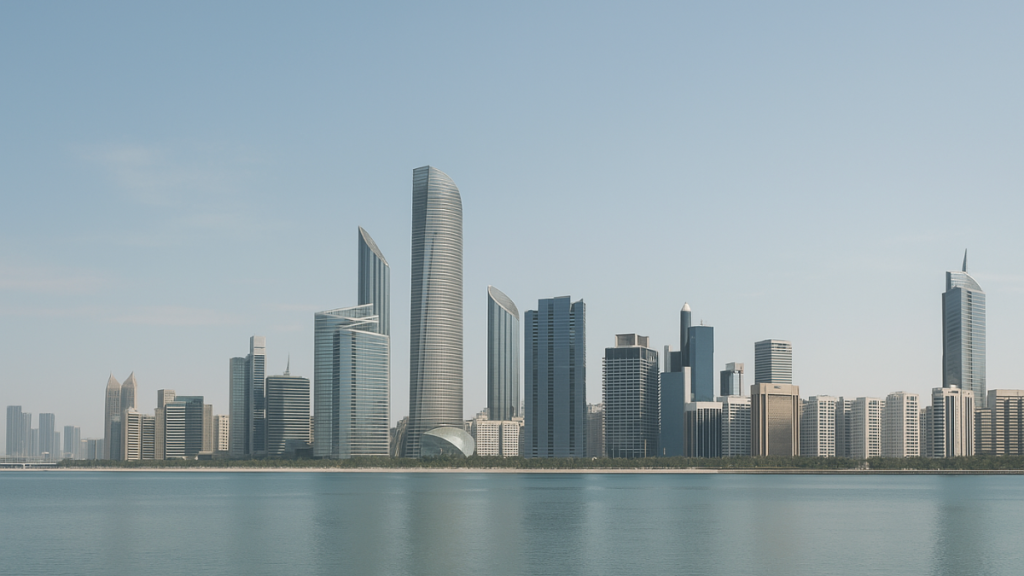The real estate market in Abu Dhabi is shaped by various dynamic factors that are crucial for investors to understand. This article delves into the primary influences driving property value trends in this vibrant region.
Abu Dhabi’s real estate landscape offers a unique blend of modern infrastructure and cultural richness, attracting a diverse population. As the capital of the United Arab Emirates, the city has witnessed significant growth, with new projects continuously emerging. This expansion has increased the demand for property, making Abu Dhabi a focal point for real estate investment. Understanding the factors that influence property values is essential for navigating this market effectively. For those considering investment, exploring the different areas to buy property in Abu Dhabi can provide valuable insights into potential opportunities.
Population growth and its effect on real estate
Population growth is a significant driver of property value in Abu Dhabi. As more individuals move to the city for employment opportunities and a better quality of life, the demand for housing rises. This influx of residents creates pressure on available housing, leading to increased prices. The government’s strategic vision aims to accommodate this growth through planned urban expansion and development projects.
New residential areas are being developed to meet this rising demand, offering a variety of housing options from luxury apartments to affordable units. The increased demand also stimulates the construction industry, contributing to economic growth. For investors, understanding these demographic trends is vital for identifying potential high-yield investments in emerging neighborhoods.
Additionally, the influx of expatriates adds to the city’s cultural diversity, enhancing its appeal as a cosmopolitan hub. This multicultural environment attracts global businesses and professionals, further boosting property demand and positively influencing market trends.
Infrastructure developments and property values
Infrastructure is a critical factor in determining property values in Abu Dhabi. The city has invested heavily in transportation networks, including road expansions and public transit systems. These improvements enhance accessibility and connectivity, making certain areas more attractive for residents and businesses.
The development of new shopping centers, schools, and healthcare facilities also adds value to residential areas. Such amenities not only improve residents’ quality of life but also make properties more desirable. Proximity to these facilities often results in higher property prices due to increased demand.
Moreover, sustainable infrastructure initiatives focusing on green spaces and eco-friendly designs are gaining popularity. These projects appeal to environmentally conscious buyers and contribute to long-term sustainability goals, further impacting property valuations positively.
Lifestyle demands shaping market dynamics
Lifestyle preferences significantly influence property trends in Abu Dhabi’s real estate market. There is a growing demand for properties that offer modern amenities and conveniences such as smart home technology, gyms, and leisure facilities. Buyers are increasingly interested in communities that provide a holistic living experience.
This shift towards lifestyle-oriented living has prompted developers to design residential projects that cater to these needs. Mixed-use developments that combine residential units with retail and entertainment options are particularly popular among younger buyers seeking vibrant community experiences.
Additionally, the rise of remote work culture has influenced preferences for spacious homes with dedicated workspaces. As more professionals seek flexibility in their living arrangements, properties offering these features are likely to see increased interest and value appreciation.




